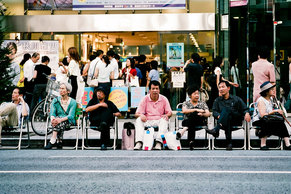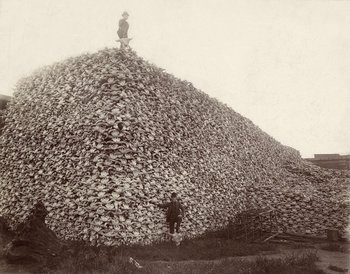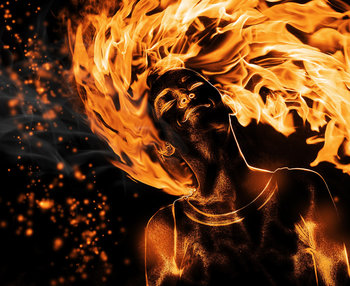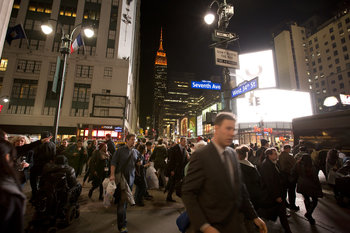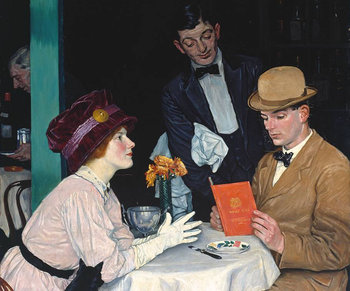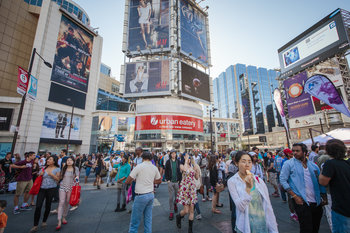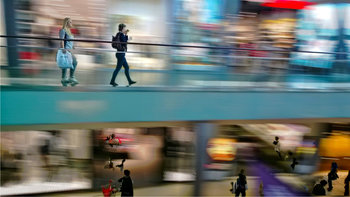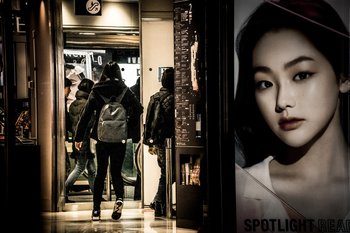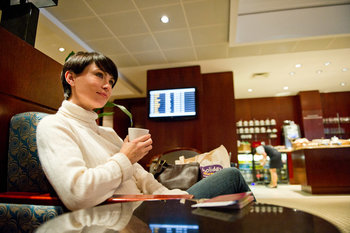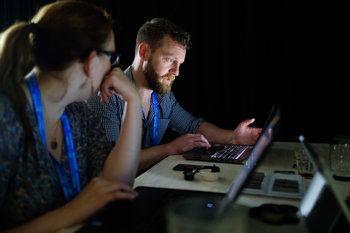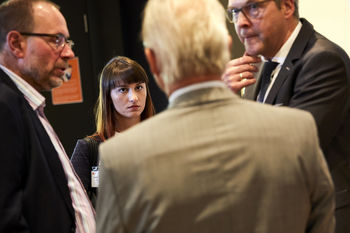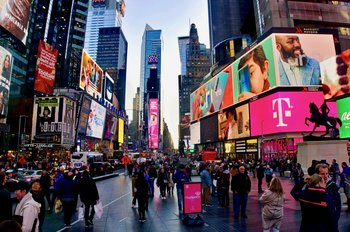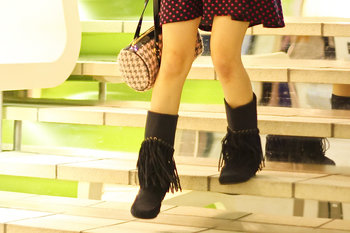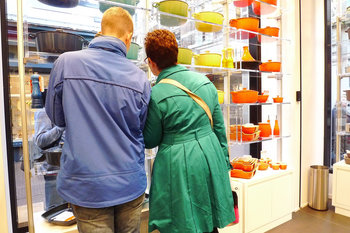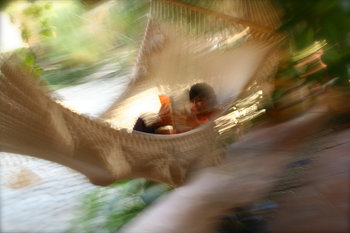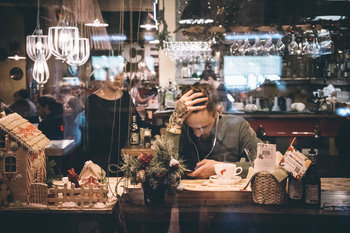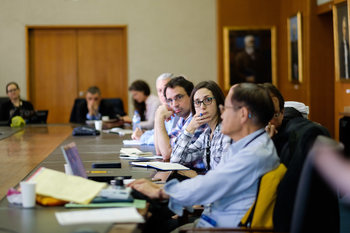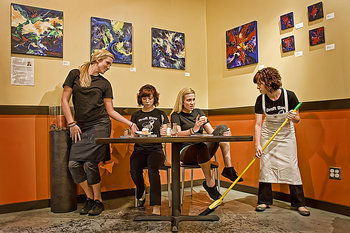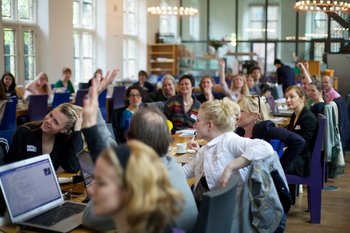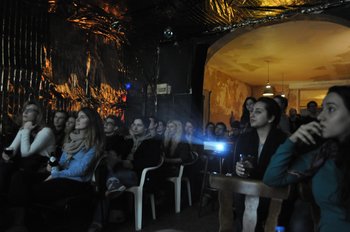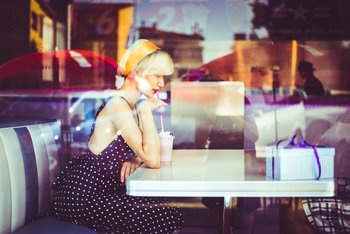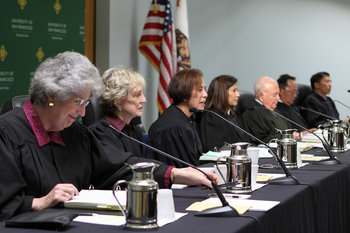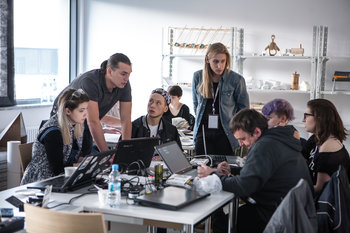
Goods & Services
All consumer spending is viewed as consumption including purchases of products and services. This can be contrasted with savings and investments. For example, purchasing a house to rent to other people would be an investment but purchasing a house to live in yourself would be viewed as consumption.Economic Activity
It is common to refer to consumption to denote all non-business economic activity. This divides economic activity into two types: production and consumption. For example, a factory produces a toaster oven and an individual consumes it when they purchase it.Business Consumption
One thing that complicates the simple division of economic activity into production and consumption is that businesses also consume. Business consumption is defined as anything that a business immediately uses. This can be contrasted with capital that adds value over time. For example, electricity used by a business vehicle is consumption and the vehicle itself is capital.Consumables
Consumables, also known as fast moving consumer goods, are products such as food or cosmetics that are quickly used up such that they may need to be purchased regularly.Durables
The purchase of durable things that last for many years is viewed as consumption unless you're a business. For example, if a farmer builds a fence that will last for 30 years this can be viewed as capital that represents an investment in the business. If an individual homeowner builds the same fence it is viewed as consumption.Consumerism
Consumerism is the use of products and services as a substitute for authentic human experience. For example, people need respect from others and traditionally obtain this through their social behavior. It can be argued that products such as luxury fashions are an attempt to buy respect and admiration. Likewise, every element of the human experience has some product or service that can service as a substitute.Overconsumption
Overconsumption is a situation where consumers buy so much of a resource that that resource becomes depleted or its production creates economic bads that threaten quality of life. At the global level, this is irrational but at the individual level government, firms and people may not have incentives to fix these problems. For example, consumers may continue to eat a fish that is endangered and governments may continue to allow firms to satisfy this demand.| Overview: Consumption | ||
Type | ||
Definition (1) | The process of using a resource. | |
Definition (2) | All spending by individuals on goods and services. | |
Definition (3) | All consumer spending plus the non-capital spending of businesses on inputs and supplies. | |
Related Concepts | ||

